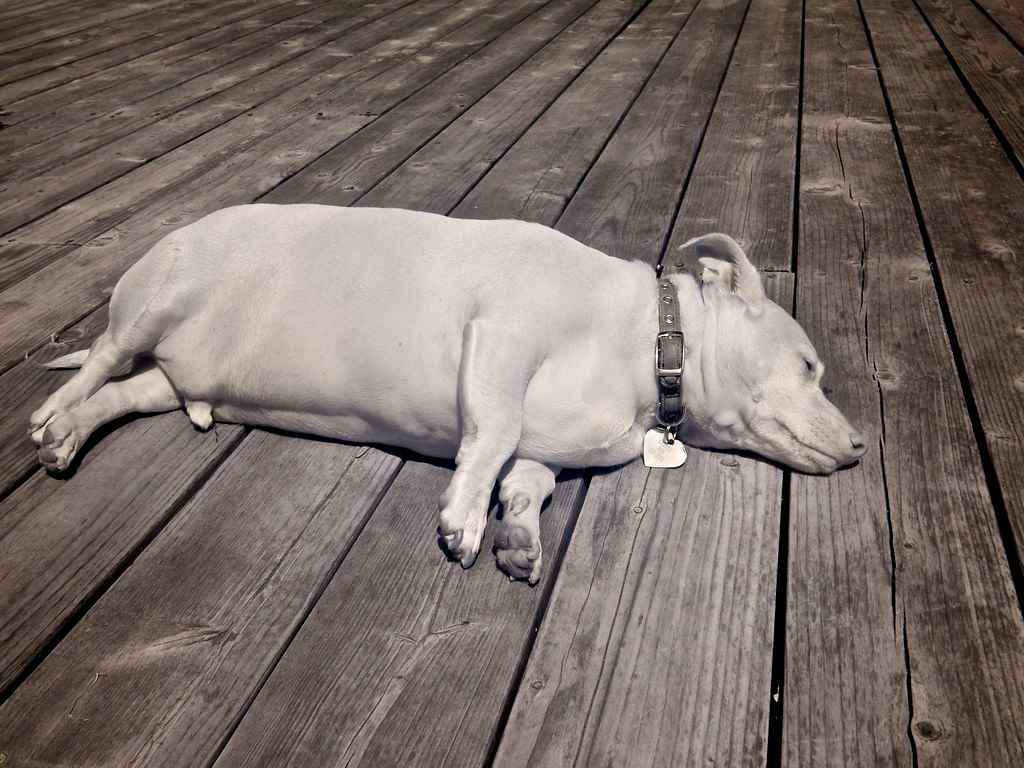Obesity and diet
Obesity in dogs is a major health problem, with current figures suggesting over half of adult dogs are either overweight or obese. As a result of this, the risk of developing several other diseases increases, such as metabolic abnormalities, immune disorders, and joint
problems. But why are more and more dogs suffering from this serious condition?Unfortunately, the answer is not simple. Research has established for example that a correlation exists between dog owners being overweight and their pets. In addition, smaller breeds of dogs are more susceptible to weight gain, than larger breeds. But could it be that as the majority of dogs are fed dry carbohydrate dense diets, that this may have a contributing role?
In essence the premise behind this theory is that when an animal is restricted to a nutritionally imbalanced food which limits optimal nutrient intake, a compromise is required. A decision must, therefore, be made by the animal whether to overeat some nutrients and undereat others. Could be that the dogs in my study, fed a high fat diet might have reached their intake target? And because of this did not overeat. Or perhaps a more intriguing question is are dogs fed dry diets, which are rich in carbohydrates applying the rule of compromise? Specifically, are they consuming more food than is needed because they are not being fed enough fat? Of course, as previously mentioned, if a dog is fed a diet to energy requirement regardless of macronutrient content it will maintain a healthy bodyweight. But, if dog was inherently applying the rule of compromise, it would likely beg for more food and appear unsatiated. In turn, this would increase the potential for the animal to be overfed by its owner.
More research is needed to fully understand if this is correct, however the possibility does exist, that feeding a high fat diet leads to a less fat dog!

